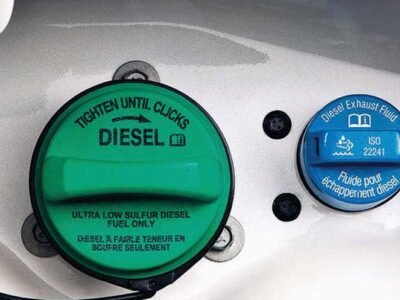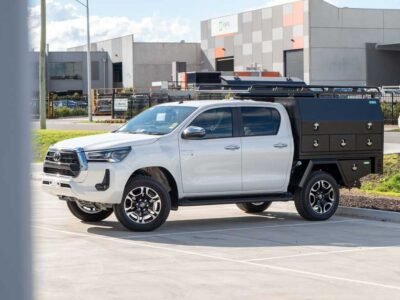While a car is an essential tool all year round, vehicles tend to perform better in certain seasons. Severe cold can have multiple negative effects on both the health of your car and your driving experience, potentially leading to accident, injury and expensive repair works. If your car is going to be regularly exposed to the cold this winter, consider these tips for staying safe on the road:
What should you have in mind while driving in winter?
The adverse weather conditions of the winter season can play havoc with your car, increasing the likelihood of operational issues as well as the risk of accident or injury due to skids and slips. It’s essential that your car is properly maintained for cold weather and that you drive with care during the winter season – but which main factors should you keep in mind when driving in cold and frosty weather?
-Poor visibility is more common:
As the days get darker and more prone to wet weather, visibility tends to decrease – this can lead to potentially serious accidents on the road. In order to boost the visibility of your vehicle, always ensure that all of your lights are fully operational before driving; ensure that you leave plenty of stopping distance between yourself and other vehicles to make up for lost visibility.
-Driving on snow and ice:
Take care when driving on snowy or icy terrain, and avoid contact with these wherever possible. If you have to travel in extreme conditions regularly as part of your job, make sure that you drive more slowly and carefully than you usually would, especially when approaching corners or driving on particularly icy, un-treated strips of road. Again, maximise stopping distance to avoid the likelihood of an accident.
-Light rain is even worse than heavy rain:
Light rain tends to be more troublesome than heavy rain, especially in terms of reducing visibility through your windscreen and mirrors. Consider replacing any cracked or foggy mirrors and investing in new windscreen wiper blades to improve visibility when driving in the rain.
-Car issues:
Your car may be more likely to break down or malfunction during the winter months, especially if you haven’t prepared your vehicle sufficiently for the cold. To reduce the likelihood of mechanical, electrical or operational issues, ensure that your car is fully checked and serviced for the season (including the lights, engine, battery, oil, coolant, anti-freeze and in-car systems). Consider investing in special winter tyres to provide grip and prepare an emergency winter kit for your car should you break down on the road.
-Try to leave a bit earlier every time you take the car:
When taking a long car journey in the winter, ensure that you make a move within plenty of time – by setting off earlier than you usually would, you can not only ensure that you make your appointment on time, but you can also reduce the risks of an accident caused by driving at speed through snow and ice – always drive slowly and carefully in cold weather conditions.












